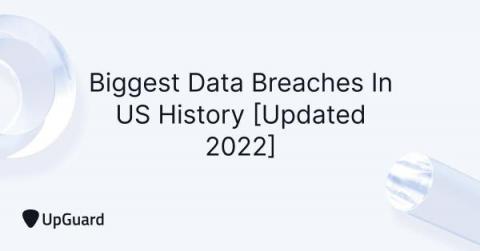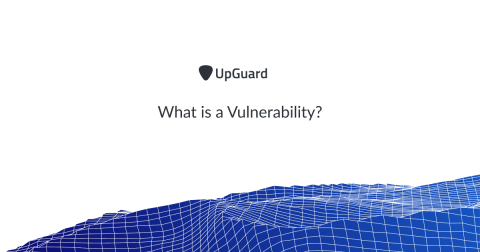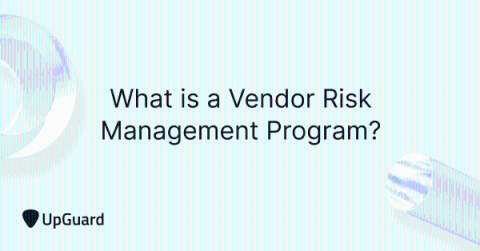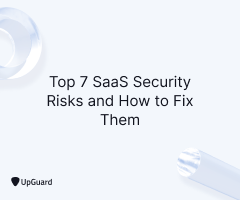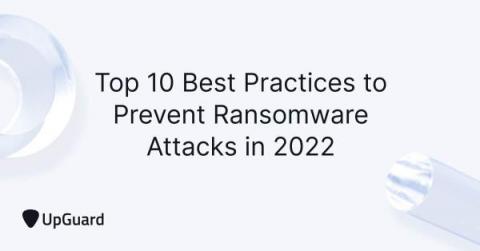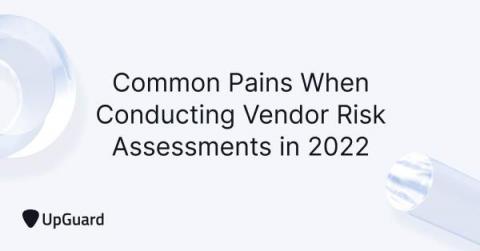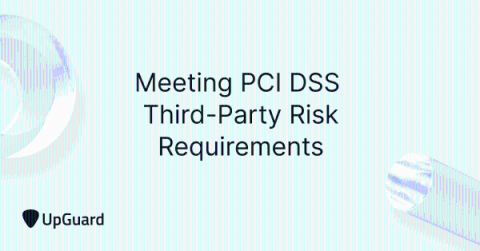What is Business Email Compromise (BEC)? And How To Prevent It
Business email compromise (BEC) occurs when cybercriminals scam organizations by compromising sensitive data through email accounts for financial gain. FBI research shows that BEC is currently the most costly digital crime, far surpassing ransomware to account for US$49.2 million in victim losses in 2021. BEC is also known as email account compromise (EAC) or 'man-in-the-email' scamming.



